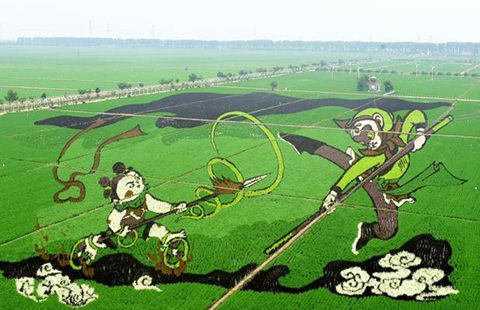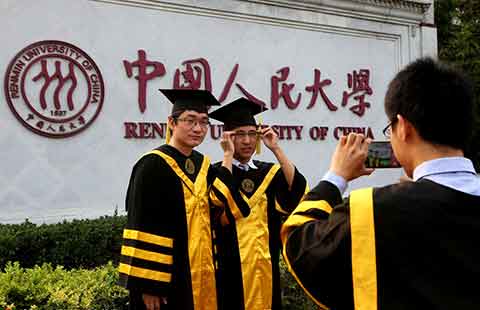Economists anticipate less Sino-US trade friction
(Xinhua) Updated: 2012-11-29 11:11BEIJING - Two American economists expressed their belief on Wednesday at the Caijing Annual Conference in Beijing that the Chinese and US economies are set to coexist more effectively.
Austan Goolsbee, professor of economics at the University of Chicago's Booth School of Business, said in reference to the manufacturing sector that there is actually little area of overlap in what each economy does, as China is faring well in product exports and the United States is more oriented around manufacturing skills.
Goolsbee, chairman of President Barack Obama's Council of Economic Advisors in 2010 and 2011, also said in a media interview that he expected less trade conflicts between China and the United States over the next five years, although much friction had been seen in recent years.
Conflicts in currency, trade and investment will ease and the two economies will become more complementary in the same period, according to Goolsbee.
Randall Kroszner, also an economics professor at the Booth School of Business and a former member of the Federal Reserve Board, said that China and the United States may have different challenges in the short run, but in the long term they will have to handle the same problems, such as an aging population.
Both professors said China has started to shift itself from an import-export economy toward an economy driven by domestic consumption.
Domestic consumption, particularly that related to the service sector including retirement, education and health care, will witness growing demand in the coming years, predicted Goolsbee.
Kroszner also said that China is in transition to develop a robust "middle-class" population.
Kroszner suggested it is crucial for the government to build a financial sector that can provide sustainable entrepreneurial credit and consumer credit, so that this middle-class has more opportunities to grow.
Regarding China's economic outlook, Goolsbee anticipated mass, continuous urbanization in the country in coming years.
Goolsbee said the government may need to remain prudent in guiding the country to sustainable growth as sluggish global economic growth may force the Chinese economy to transit more dramatically.
- Solving solar panel friction through dialogue
- China, EU to negotiate over solar panel friction
- Businesses unite to cope with trade frictions
- Fiction behind the friction
- More US trade friction predicted
- Trade friction 'to intensify'
- More trade frictions expected in 2012
- Trade frictions to challenge economic diplomacy
- Xi stresses supply-side reform in CPC anniversary speech
- China's Evergrande denies AC Milan deal
- Chinese bank extends $1.5b loan to Saudi power company
- Man beats machine in facial recognition
- Find out what makes China's Silicon Valley tick
- China Caixin manufacturing PMI slumps to 48.6
- China's current account surplus to stay despite sharp drop
- Chinese company Hisense reaps benefits from Euro 2016 sponsorship


















